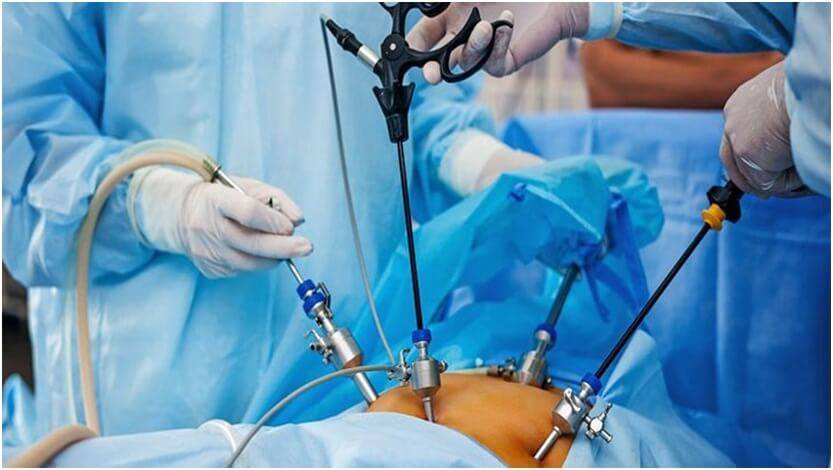
Laparoscopic surgery is a minimally invasive procedure that helps treat various gastrointestinal and hepatobiliary conditions with smaller incisions, less pain, and quicker recovery times. If you are planning to undergo laparoscopic surgery in Bhubaneswar, it’s important to understand the process before and after the procedure. Here’s what you can expect:
Before Laparoscopic Surgery
1. Consultation and Diagnosis
Your journey begins with a consultation with a specialist surgeon. During this visit:
- The doctor will evaluate your medical history and current symptoms.
- Necessary tests such as blood tests, ultrasound, or MRI may be recommended.
- The surgeon will explain the procedure, benefits, and potential risks.
2. Pre-Surgery Preparations
To ensure a smooth surgery, you may need to follow some instructions:
- Fasting: You will be asked not to eat or drink anything for 6–8 hours before surgery.
- Medication Adjustments: Inform your doctor about any ongoing medications. Some may need to be stopped temporarily.
- Lifestyle Adjustments: If you smoke or consume alcohol, stopping a few days before surgery can improve recovery.
3. Hospital Admission
- Most laparoscopic surgeries are performed as daycare procedures, meaning you might go home the same day.
- You will be admitted and prepped for surgery with IV fluids and anesthesia.
During Laparoscopic Surgery
- The surgeon makes small incisions in your abdomen.
- A tiny camera (laparoscope) and surgical instruments are inserted.
- The procedure is performed with precision, and once done, the incisions are closed with sutures.
- Since it’s a minimally invasive method, blood loss and pain are minimal compared to traditional surgery.
After Laparoscopic Surgery
1. Recovery in the Hospital
- You will be monitored for a few hours after surgery as the anesthesia wears off.
- You might feel mild pain or discomfort, which can be managed with prescribed painkillers.
- Most patients can walk within a few hours after surgery.
2. Going Home & Post-Surgery Care
- You may be discharged the same day or the next day, depending on the procedure.
- Follow the doctor’s instructions regarding diet, medications, and rest.
- Drink plenty of fluids and eat light, nutritious food for smooth digestion.
3. Healing & Resuming Activities
- Avoid strenuous activities or heavy lifting for at least a few weeks.
- Follow-up visits will be scheduled to monitor your recovery.
- Most patients can return to work and normal activities within 1–2 weeks.
4. Signs to Watch For
While laparoscopic surgery is generally safe, you should contact your doctor if you experience:
- Severe pain that doesn’t improve with medication.
- High fever or signs of infection.
- Persistent nausea, vomiting, or bloating.
Conclusion
Laparoscopic surgery in Bhubaneswar is an effective and safe option for treating many abdominal conditions. With proper pre-surgery preparation and post-surgery care, recovery is usually quick and smooth. If you have any concerns or need a consultation, reach out to Dr. Lalatendu Mahapatra, a trusted laparoscopic surgeon in Bhubaneswar, for expert guidance.
Would you like to book an appointment or learn more about your specific condition? Contact us today!

